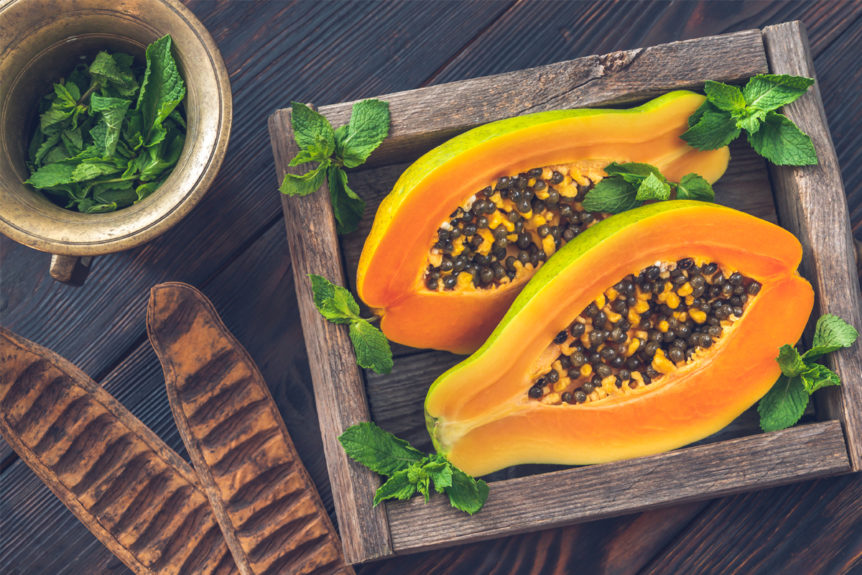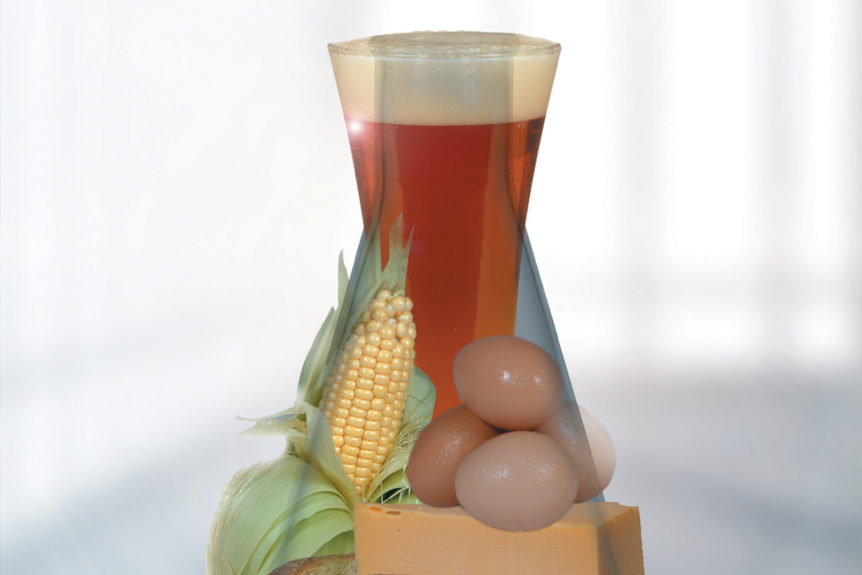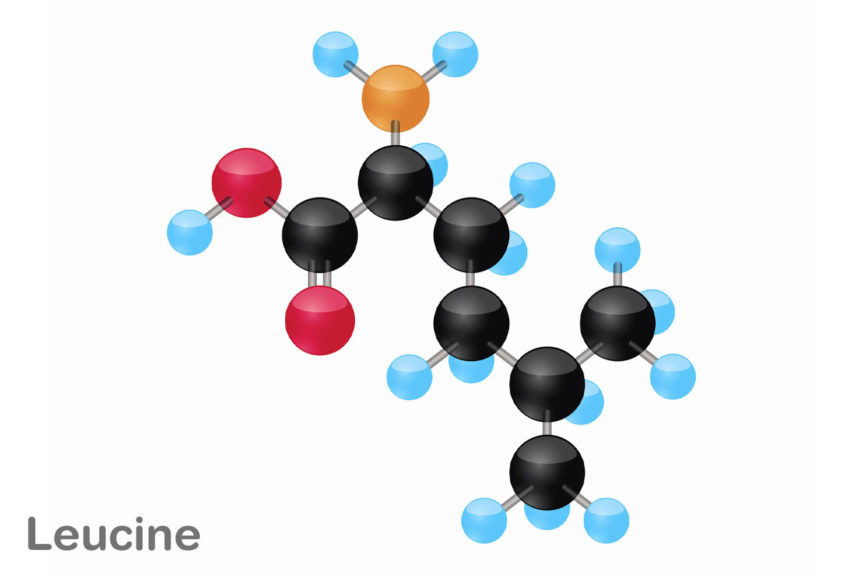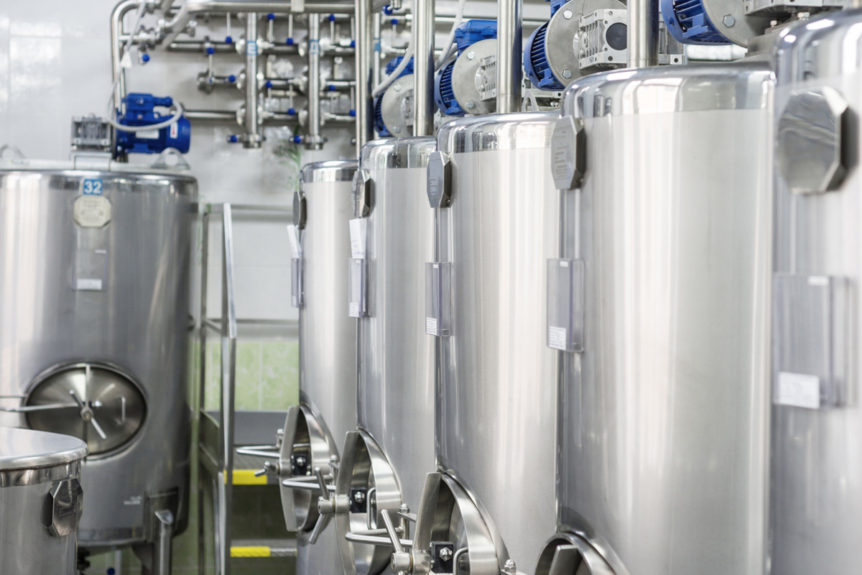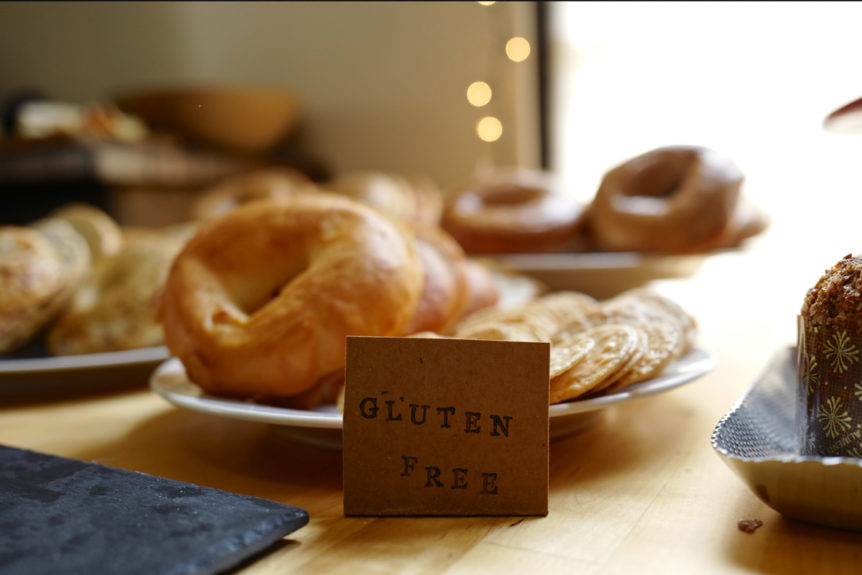Bromelain, a plant-derived protease from the pineapple stem, has a long history of use in the food processing industry. Bromelain was first used in the food industry in the early 1970s. The primary applications are meat tenderizing and protein hydrolysis. Currently, there is a shortage of Bromelain on the market due to Covid lockdown practices in certain countries and increased …
Ficin for cheesemaking
One of Enzyme Development Corporation’s areas of expertise is the production of plant-based proteases. For example, EDC is the only producer of Papain, Ficin, and thistle rennet in the Western Hemisphere. Papain is the original product EDC offered in 1953 for use in the beer industry. For more information on Papain, please visit papain.com. Thistlezyme (thistle rennet) and Ficin, a protease …
No Sulfite Added Papain
For the last ten years, EDC has been producing a “no sulfite added” papain, a proteolytic enzyme from the dried latex of Carica papaya. Papain is a sulfhydryl protease, and sulfites are naturally occurring in papaya (like onions, garlic, etc.), so there will always be some sulfites in our product. This is why we don’t make any claims on our product …
EDC presentation for IFT on Ficin
Enzyme Development Corporation’s Lab Manager, Andrea Dreyfus, presented a poster at IFT discussing the differences between Ficin (a new food-grade biocatalyst, a botanical protease), papain, and bromelain, comparing the enzyme’s activity and stability over a range of temperatures and pH. Ficin, a natural non-GMO proteolytic biocatalyst from the latex of Ficus species (tropical fig tree), is approved for use in food and …
Getting to Know EDC
Enzyme Development Corporation (EDC) has been producing specialty food enzymes since 1953. With a headquarters in New York City and a manufacturing facility located in Scranton, Pennsylvania, EDC is the only producer of papain in the western hemisphere. When EDC began operating, its production facility was located in New Jersey, but as it grew, it chose to relocate to its …
A new enzyme for flavor modification
An ongoing problem for Food Technologists doing flavor modification development is the potential bitter flavors due to over hydrolysis of a protein or from the hydrolysis of a very bland substrate. Enzeco® Protease FNP is a very effective non-GMO multi-enzyme complex for both protein hydrolysis and debittering (including LAP and carboxypeptidase). However, if a flavor needs a bit of help …
How microbial enzymes are produced
Solid State or Solid Phase Fermentations is a process where microorganisms are grown on solid materials with low water contents. Solid State FermentationThis process is longer than a deep tank/submerged fermentation, taking up to several days to complete. In this process, the microorganism is grown on a sterilized solid media where the organism can utilize the nutrients in the media, …
EDC to produce a Kosher for Passover certified papain
Starting in Mid 2021 Enzyme Development Corporation will begin producing a high activity purified liquid papain that will meet the requirements for the “Kosher for Passover” certification. EDC began reviewing the possibility after numerous inquiries for a protease that could meet the Kosher for Passover requirements. After discussions with our certifier, Kof-K, and after determining that certain technological challenges could …
Botanical Proteases – an option for “Gluten-Free” claims.
With the new FDA regulations on “gluten-free” claims, there is a new interest in enzymes that have not been derived from fermentation. To meet the need for this growing demand for non-Fermentation enzymes, EDC offers a number of botanical enzymes, including Papain, Bromelain, Ficin, and the protease from Thistle. These proteases are plant-based, non-GMO enzymes that have no wheat or …
Enzeco® Invertase AN is an enzyme that makes life a little sweeter.
February is traditionally a time where candy companies see a spike in sales, particularly for higher-end items, such as chocolate truffles. These delectable treats are produced with invertase, an enzyme that hydrolyzes sucrose into glucose and fructose. By using this enzyme, candy manufacturers are able to convert a crystalline sucrose solution into a liquid, a necessary step in the manufacture …



